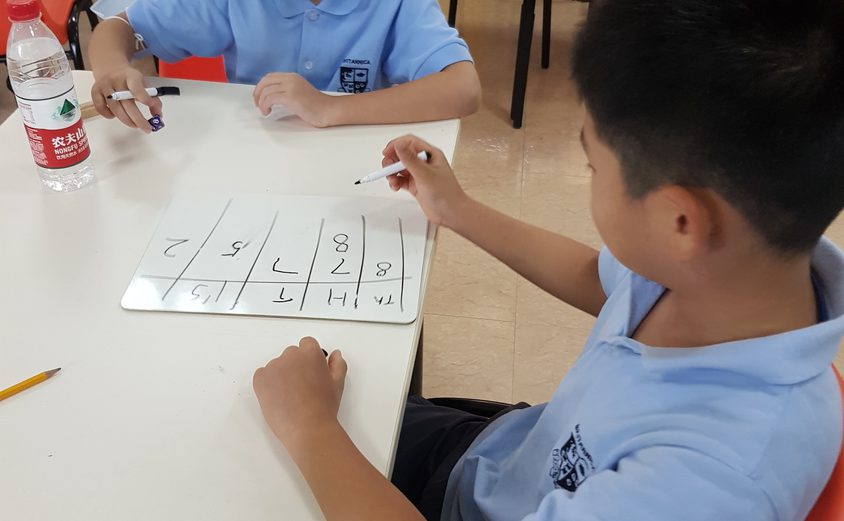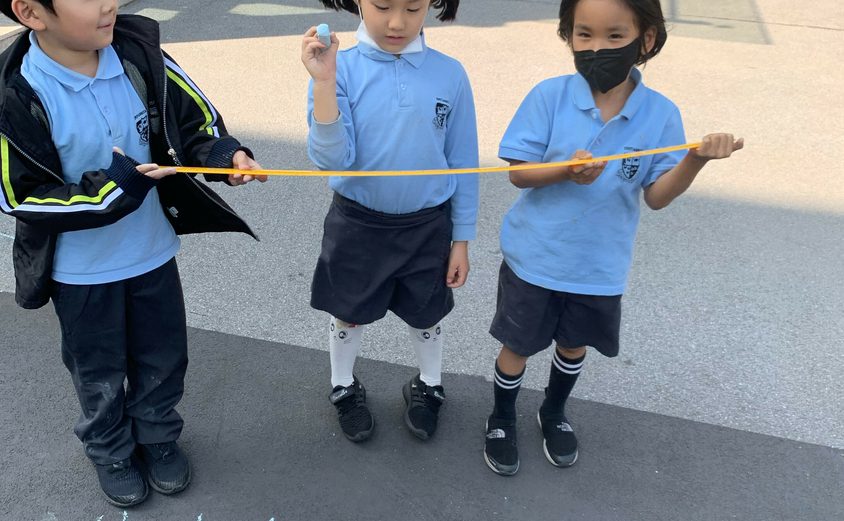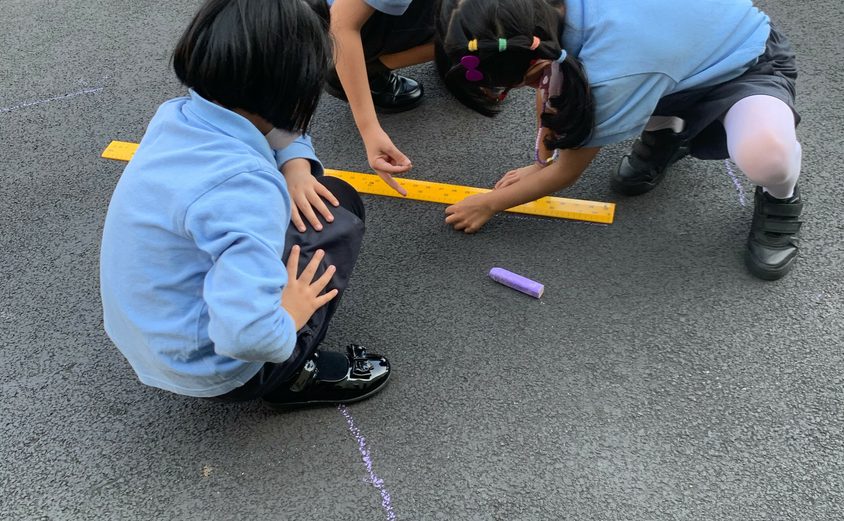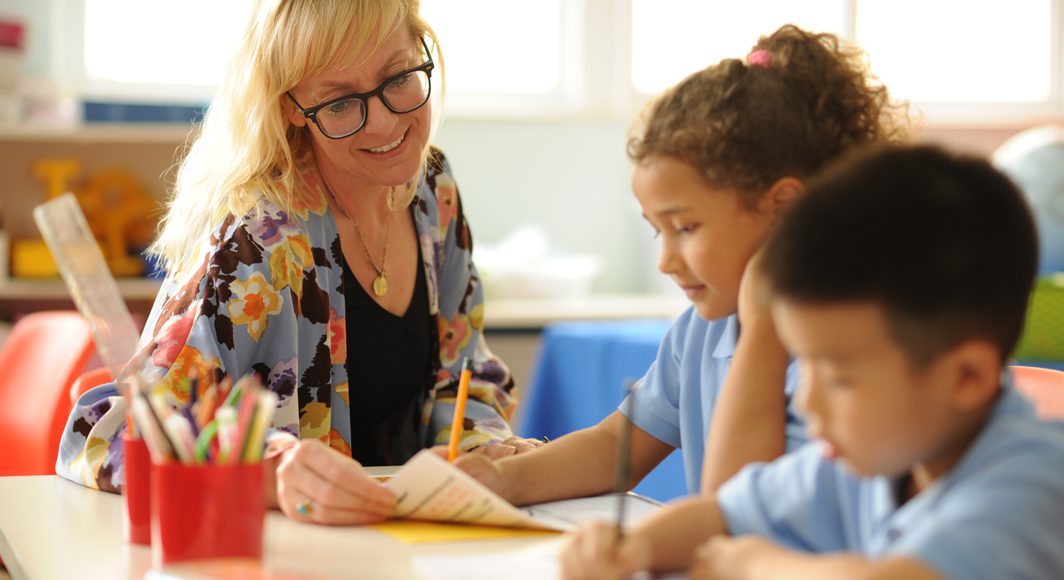At Britannica, our vision is to deepen the children's mathematical understanding through a mastery approach. To achieve this, we have embedded within our Mathematics Scheme of work a focus on Fluency, Problem Solving and Reasoning skills.
- Problem-solving is at the heart of mastering Mathematics. While there is nothing new about using problem-solving questions to consolidate understanding, mastery gets teachers to rethink the traditional lengthy word-problem format. Instead, problem-solving questions are often open-ended, with more than one correct answer.
- Verbal reasoning demonstrates that pupils understand Mathematics. Talk is an integral part of mastery as it encourages students to reason, justify and explain their thinking.
- Fluency, reasoning, and problem solving underpin the deepening of understanding. Fluency alone doesn't give students the chance to delve deeper into Mathematics. They may well be able to answer the questions, but can they also justify their answer or explore other possibilities?





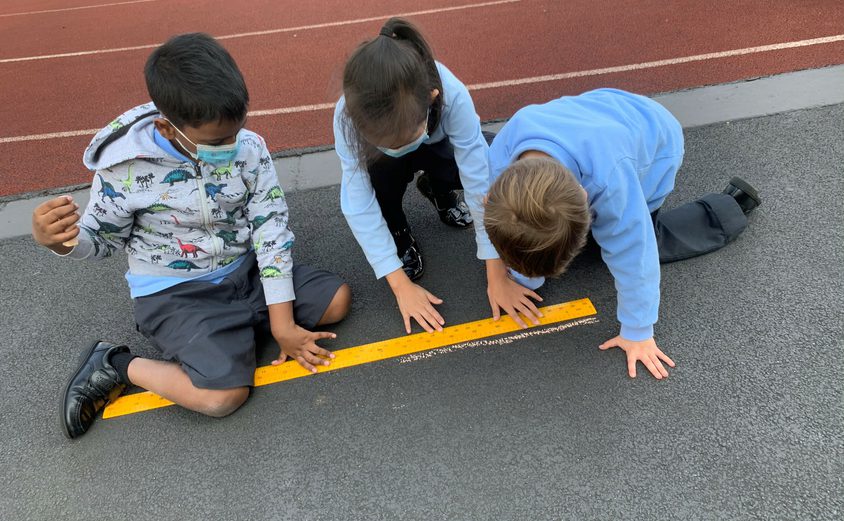
Mathematics is all around us, and it is essential to everyday life, from the spiral in a sea shell, the symmetry in a butterfly to the shapes in the world around us. A high-quality Mathematics education, therefore, provides a foundation for understanding the world, the ability to reason Mathematically, an appreciation of the beauty and power of Mathematics, and a sense of enjoyment and curiosity about the subject.
At Britannica, we aim to make children's learning in Mathematics relevant, practical, creative, exciting and engaging. Mathematics teaches children to calculate, communicate, reason and solve problems. It enables children to understand and appreciate relationships and pattern both number and space in their everyday lives. We aim for children to achieve their fullest potential in this subject.
Students are encouraged to delve deeply into their understanding of Mathematics and how it relates to the world around them. Our Mathematics teaching actively encourages risk-taking, which enables pupils to explore and try new ideas without the fear of failure. This is fundamental to building pupils' self-esteem within Mathematics. Throughout history, the study of Mathematics stems from intrigue and curiosity, with people's desire to pose and solve problems relating to the real world or purely within mathematics itself. We aim for our students to appreciate this and use their Mathematics to explore and question the way the world works and also to apply their reasoning skills.
Finally, underpinning all of this is making Mathematics fun and providing engaging lessons that the children will cherish and build their love for learning from!
